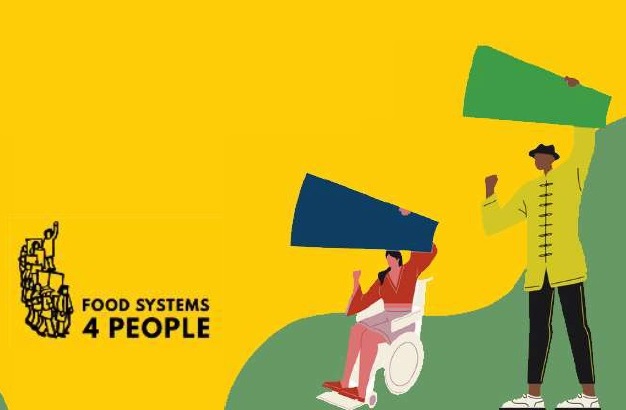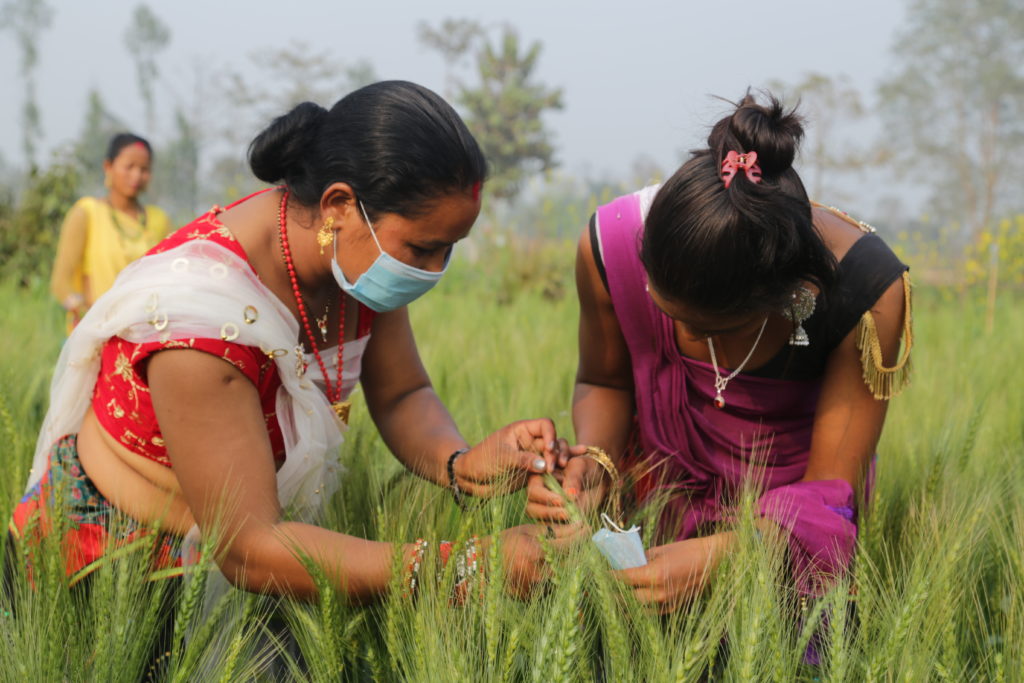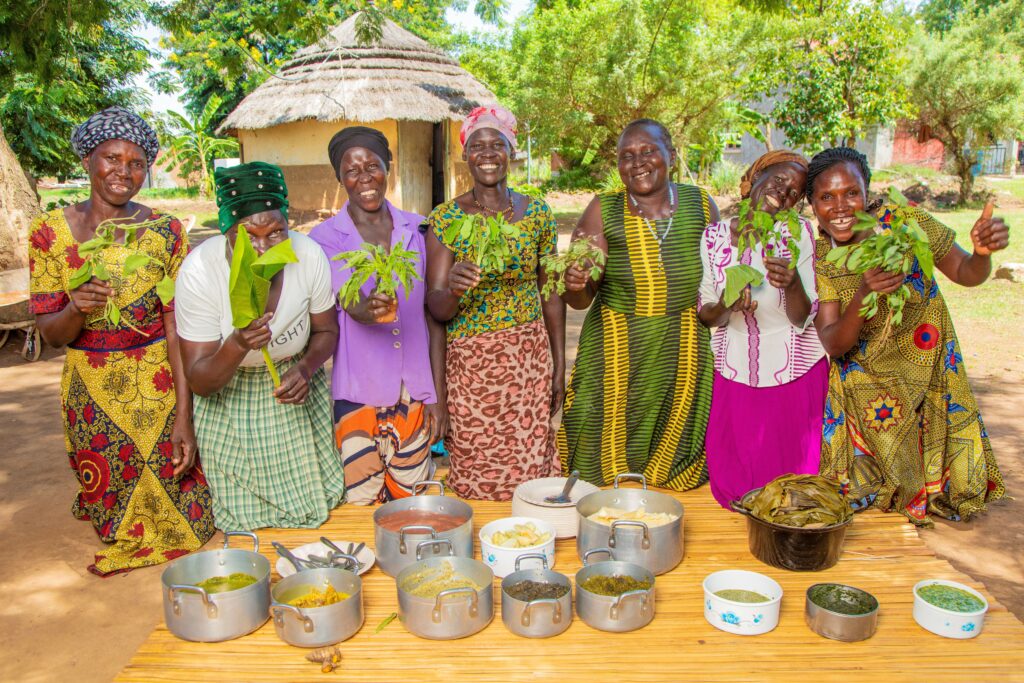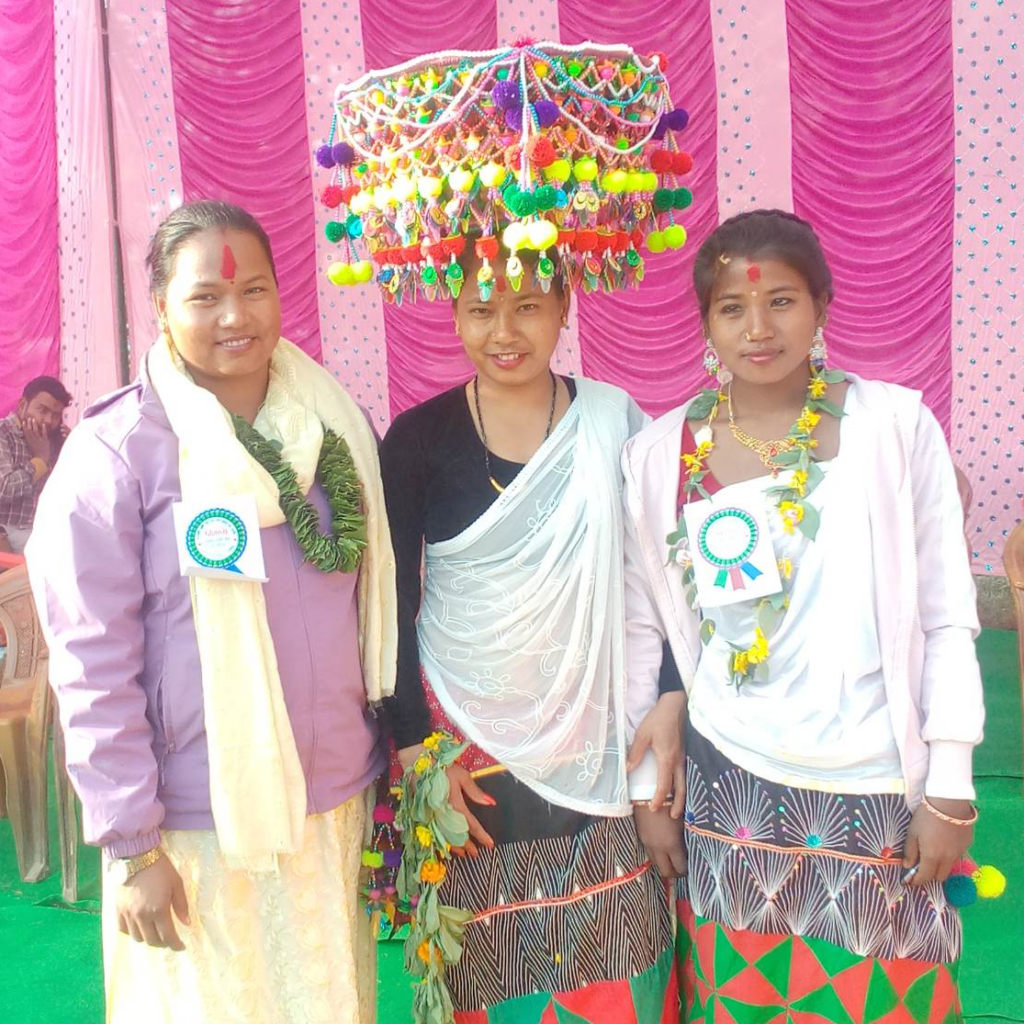On Tuesday, July 27, the SD=HS program co-organized the digital session ‘Seed is Power, reclaiming African seed and food sovereignty’, which was part of the People’s Mobilization to Transform Corporate Food Systems, a CSO-organized event that took place in parallel to the UN Food Systems Pre-Summit (FSS).
Oxfam Novib and ZAAB were amongst the organizing parties of this session, which focused on farmer managed seed systems and the realization of farmer rights in Africa. Understanding that African farmers’ agency and economic liberation is the starting point of a vision of achieving sustainable and just food systems for all, several speakers from various African countries highlighted challenges and solutions posed by farmers against the corporate capture of their seed and food systems. During the session, space was created for farmers’ voices from the ground.
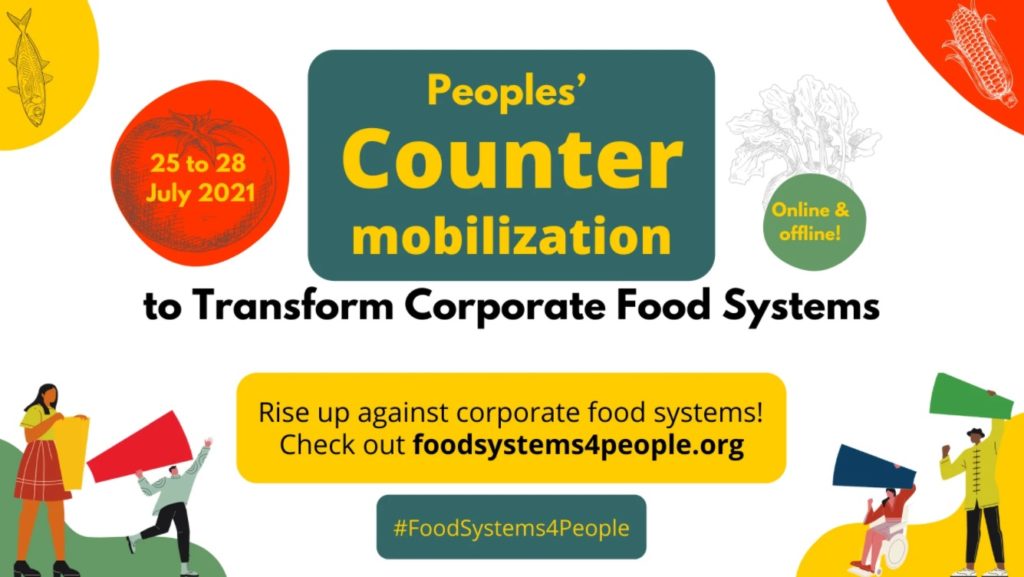
Mphatheleni Makaulule, from Dzomo la Mupo in South Africa, opened the session and stressed the need to see seeds not just as a productive resource but as a critical and therefore sacred part of the cycle of life: ‘Seeds are to be looked at in a holistic view, the need to be understood from nature. To many, seed is key to both their identity as well as subsistence. From an indigenous perspective, there is an important spiritual element to seed, and that’s why we consider seeds sacred’. After Mphtheleni’s opening words, a video was shown, in which Petronella Simuchimba, a Zambian seed saver drew the attention to the cultural significance of farmer saved seeds to her and her community: ‘This seed is a symbol of our freedom. It is our birth right and a symbol of our cultural heritage. No one has the right to come to us and tell us what seed grow and to share’.
Sabrina Masinjila, from the African Centre for Biodiversity, provided a further political framing for the session, which took a stance against the corporate capture of multilateral food governance spaces: ‘The advance of corporate agriculture as seen with the UN Food Systems Summit is posed as genuine solutions to the problems of African agriculture. Yet the average smallholder has little input in defining the content of the Summit’. About legal and regulatory frameworks that govern the production and availability of seeds, she highlighted: ‘current seed laws in Africa do not contain measures to safeguard on-farm diversity and the continued maintenance of heterogenous seeds in farmer managed seed systems, which is vital to ensure food sovereignty and resilient food systems’. She closed with a powerful statement, calling on African governments to adopt laws that facilitate the unrestricted use, multiplication and exchange of farmer saved seeds: ‘we embrace harmony between human beings, and also between human beings and nature, as we are nothing without each other and the without the natural world. We insist that African governments must recognize farmers’ rights to seeds as necessary building blocks for our struggles for transformation towards seed and food sovereignty’.
Speaker Mary Sakala from the Rural Women’s Assemblyv in Zambia called on governments to strengthen the autonomy and agency of smallholder farmers to enable them use the seeds of their choice: we have the right to choose what we want to eat, the right to choose what we want to produce, the right to choose the seed that we want, and we should protect that. She stressed the need for governments to take farmers’ rights more seriously: ‘Farmer rights should be recognized by our governments, so our seeds are totally protected, and we remain able to share and pass on our seeds as we used to do. We no longer want their improved seeds because they have made us slaves and more poor than we were’.
David Cidi Otieno, from the Kenyan Peasants League, drew the participants’ attention to the issue of seed sovereignty as a precondition for food sovereignty: ‘it all starts with the seed. We cannot talk about food sovereignty when we don’t own the seeds. When farmers don’t have ownership over the seeds they use, they are slaves. When the foundation is controlled by people who put interest in profit over livelihoods, then we are slaves. Therefore we need to resist and protect our seeds.’ As a last panel speaker, Alimata Traore, president of women’s organization La Convergence des Femmes Rurales pour la Souveraineté Alimentaire (COFERSA) in Mali, once again called for states, and non-state actors like research institutions, NGOs and the private sector, to shift attention and budgets to invest more in farmer managed seed systems: ‘legislation only benefits foreign seed companies, which produce 20% of the seeds with so-called ‘improved seeds’. 80% of the seeds in circulation however are in the hands of farmers – they are called ‘informal seeds’ but they are our identity, they provide us with good and nutritious food and are highly diverse’. She closed with a statement and call for more significant collaboration between all actors: ‘we need to bear in mind that collective work is required to preserve the little that is left of the seed diversity. So that we as farmers can plant, cultivate and multiply the seeds, and then share them within our communities and villages. This is what we as women organization are working on’.
Oxfam Novib and the SD=HS program have supported the organization of this session as part of the alternative CSO-led counter mobilization to deliberately create space for and give voice to the people who are being marginalized by the advance of corporate food systems and neglected by both the official UN FSS as well as by the formal seed system: smallholder farmers in developing countries and their representing organizations. Being experts in their fields, smallholder farmers want and need access to a broader range of seeds in order to adapt to climate change and to safeguard their food security. At the same time, they are guardians of agricultural biodiversity as the (traditional) seeds they keep, use, store, multiply and exchange are highly diverse. Through farmer field schools the SD=HS program develops, nurtures and facilitates the creation, capturing and exchange of knowledge, enabling farmers to play an active role in increasing their access to diverse and nutritious seeds.
More information? Please write to Nout van Vaart at the SD=HS team, nout.vandervaart@oxfamnovib.nl

